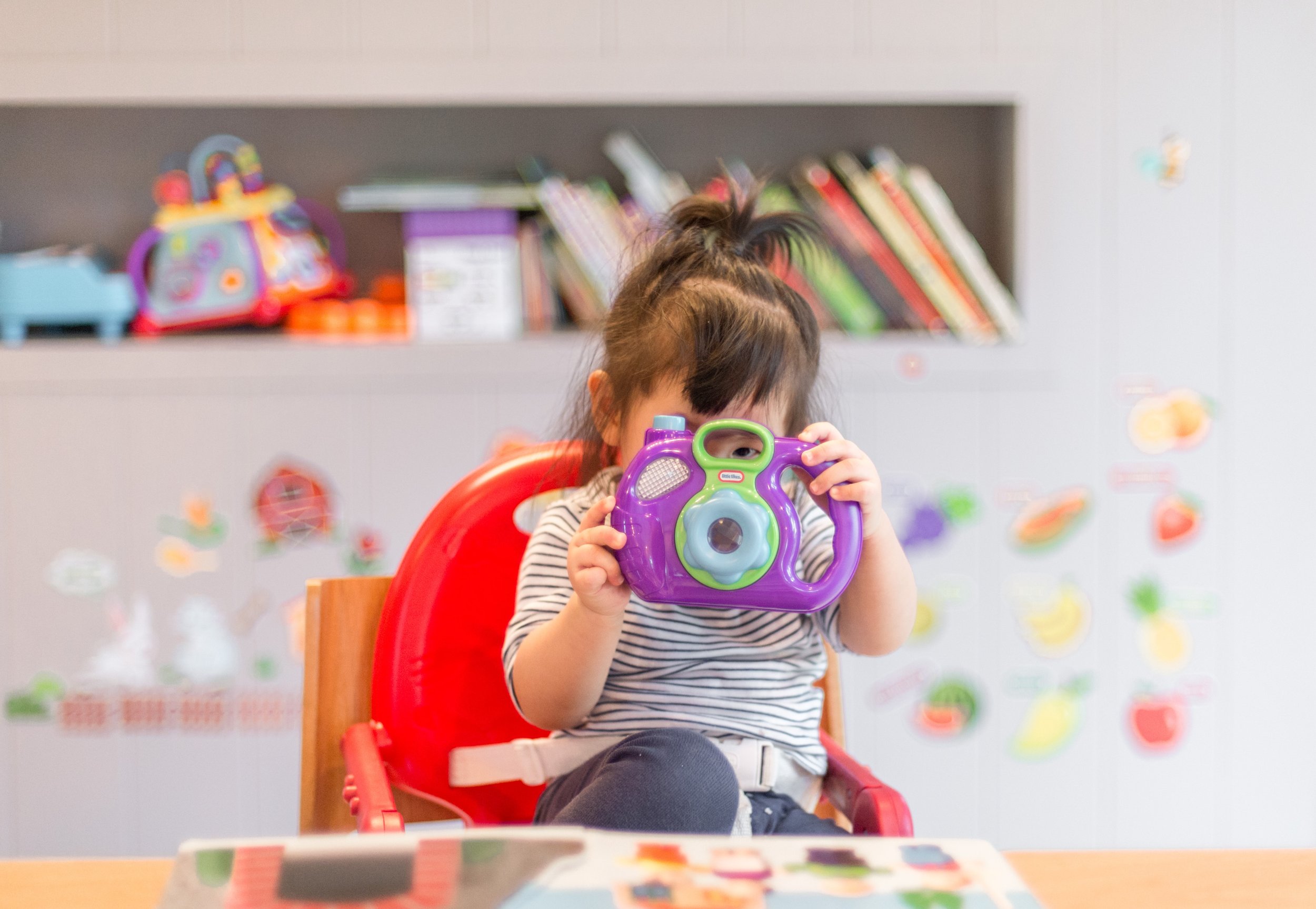Choosing a Daycare for Your Baby
Choosing a daycare? Read these 4 tips to finding the best care for your little one.
Check licensing & certifications. In Massachusetts, all childcare centers must be EEC certified. This includes:
thorough licensing checks at least bi-annually,
all teachers and administrators must be cpr and first aid certified (renewed annually)
all teachers and administrators complete background check requirements,
all teachers must be trained and/or certified in childcare and appropriate curriculum.
2. Observe the daycare visit. Visit the daycare, and take a look around. Some things to notice are:
Are the toys in the classroom developmentally appropriate for the children?
What is the ratio of teachers to children? For infants, there must be 1 teacher for every 3 babies, or 2 teachers for 4-7 babies.
Are teachers engaged in their work with the children, or are they busy using cellphones and talking amongst themselves?
Are the classrooms tidy? (reasonably so, as in, not filthy. Keep in mind classrooms may have scattered toys or messy times during sensory play)
3. Diversity and inclusion. Take a look at the signs, books, and artwork around the daycare. Ask yourself:
Is my family represented here?
Do books contain pictures and stories about people with disabilities, people of different backgrounds, various languages, skin tones, and cultures?
Does the center provide anti-bias training to staff, and is there anti-bias and anti-racist language in their mission statement?
Is the staff diverse?
4. Curriculum and pedagogies. Each childcare center has a different philosophy. Research different ones and find out what makes the most sense for your child (whether it be Reggio Emilia, Waldorf, Montessori, etc). Ask the daycare teachers what their curriculum and pedagogies are like. Consider asking:
What they're working on in their classroom
What the school's teaching philosophy is (Montessori, Reggio, Waldorf, language immersion, etc)
How frequently they do assessments, and what they're assessing
Their connections and access to behavioral specialists & early interventionists
Once you've made your decision, keep these things in mind:
Transitions are always tough, so expect it'll take about two weeks for your child to adjust to the routine of daycare.
Try to start slow. Day one can be a few hours in the morning, increasing time every day for a few days, until the child is ready for a full day of care. Separation anxiety can start around 9 months old and peaks around 14-18 months. Keep transitions short if it’s a tough day. Practice a good bye ritual with a song, kiss, hug or wave. It’s okay to check in with your daycare during the day.
Keep open and honest communication with teachers and administration
Teachers truly do want what's best for your children. If you have a concern or want to address something, do it as quickly as possible. Alternatively, if you're really pleased with the care your child is receiving tell the teachers! We don't hear enough how appreciated we are for our hard work.
Disclaimer: Doulas are not medical personnel and do not diagnose, perform any medical exams or clinical tasks. Information presented above is not intended as a substitute for the medical advice of a properly licensed health care professional.
For more help navigating the seismic shift into parenthood, reach out to the Boston Area Doulas team.
www.bostonareadoulas.com

